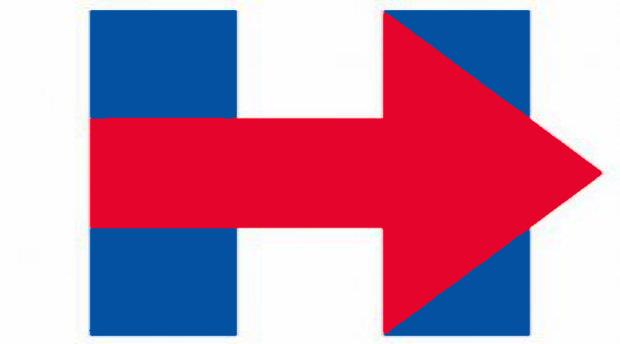POM vs. FTC over False Advertising
Post Views 2POM, known for its production of different flavored juices, and the Federal Trade Commission, both believe that they have been victorious over the legal dispute that has been going on due to the FTC’s belief that POM has displayed several false advertisements to the consumers. The FTC first issued the complaint two years ago, all the way back in 2010, claiming that POM had displayed misleading advertisements to its consumers. Fast forward to the present and an administrative law judge, Michael Chappell, sided with POM, stating that the FTC has overstepped their boundaries because they suggested that POM seek approval from the FDA before they decide to make any health claims in any of their advertisements. Chappell also agreed that clinical studies were not necessary of the POM products, even if they claim to help prevent medical conditions, such as heart disease. POM feels victorious after learning that the judge has sided with them and says that the FTC simply wants to regulate food in the same manner that they regulate drugs, which the company feels is not necessary because food and drugs are two entirely different things.
While POM feels as though they have won the battle, the FTC feels that they won the battle as well. Although Chappell initially agreed with POM, he also stated that there is supported research that shows pomegranate juice can, in fact, promote erectile and prostate health but that there is nothing that supports the juice can actually reduce the risk of prostate cancer or erectile dysfunction, therefore the company cannot say those types of things in their advertisement because they are simply not scientifically backed up. The FTC is satisfied with the ruling and the fact that Chappell wants any advertisements for POM that state the juice can prevent such cancers and dysfunction to be pulled. In the meantime, POM has agreed to make the necessary adjustments to their advertisements so that they are more informative than and not as misleading as they were before.
The battle between POM and the Federal Trade Commission had been ongoing for the past two years and many people knew about what was going on. Most can agree that both sides were right and wrong at the same time. POM was right in the sense that they should not have to seek approval from the FDA before displaying an advertisement but they were wrong in the sense of saying that the juice they provide can actually prevent certain types of cancers and medical problems, as there is no scientific research to back those statements up. In the meantime, the Federal Trade Commission was right to want those advertisements changed so that they would not be misleading to the consumers but they were also wrong in the sense of overstepping their boundaries. Regardless of right and wrong, both POM and the FTC felt like winners after all was said and done.
POM vs. FTC over False Advertising by Harrison Barnes



 What Do You Think of Hillary’s Campaign Logo?
What Do You Think of Hillary’s Campaign Logo?  10 Rules of Effective Advertising
10 Rules of Effective Advertising  AdvertisingCrossing Features Employers Weekly
AdvertisingCrossing Features Employers Weekly